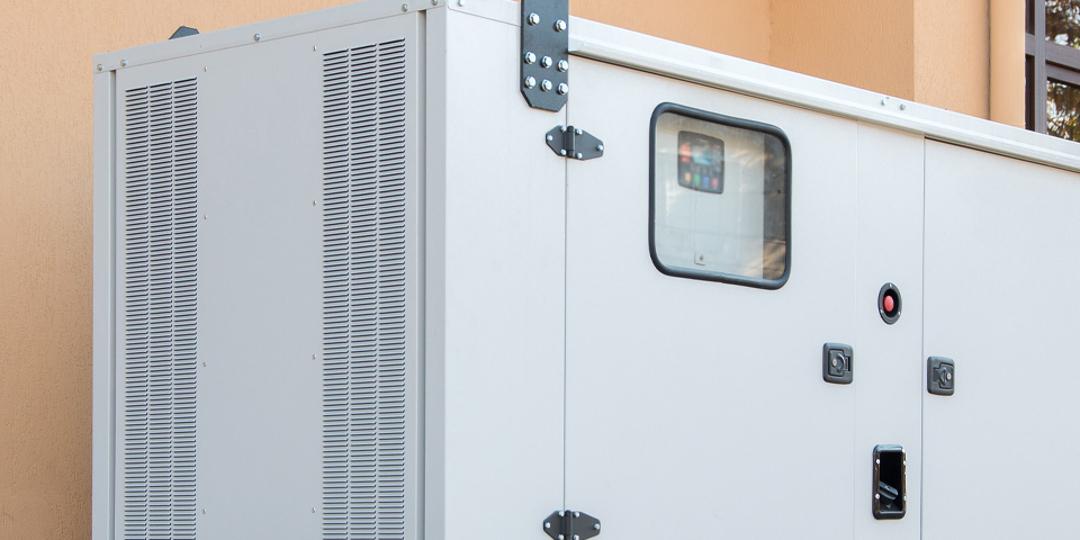Power outages are inevitable, especially if they result from a natural occurrence such as a storm. At other times, they can happen suddenly, such as when a transformer blows up or when electric equipment fails. When this happens, it can leave a home uninhabitable (especially during the winter months), cost you money, or both.
If you live in an area that experiences frequent and lengthy power disruptions, you might want to evaluate a home standby generator. Having a home standby generator will help you maintain your home’s temperature, protect your perishable goods stored in the fridge, and ensure you don't lose money if you're running a business that requires constant electric supply.
All generators are not the same. Some have been proven to outperform better than others. Before making the final decision on which one to buy, it's important to do due diligence.
What Is a Home Standby Generator?
Home standby generators run on propane or natural gas and kick in automatically when the power goes out.
Portable generators require you to pour fuel and turn them on manually. Their use is limited to powering a few electrical appliances at home.
A home standby generator is more suitable if you're looking to power up an entire home or property. However, this type of generator costs more to run and maintain as compared to a portable generator.
How Much Does a Standby Generator Cost?
One pro of buying this type of generator is that it kicks in immediately when there is a power outage, meaning you won’t have to wait to get your power back. On the flip side, it will cost you a significant amount. This purchase could set you back $7,000 to $12,000 or more, depending on the size of the property.
Is a Portable Generator a More Suitable Option?
Portable generators are cheaper to buy and maintain. These generators are still an investment (between $500 and $2,000), but significantly less expensive than home standby generators. However, they can only power up a few electrical pieces of equipment. Portable generators are not suitable if you have an extensive property.
Using a portable generator means you'll have a lot of extension wires which could prove hazardous, especially if you have little children. Also, a portable generator needs constant refueling if you need it to keep working, which isn't the case with a standby generator.
To avoid carbon monoxide poisoning, keep a portable generator in a well-ventilated room.
A Home Standby Generator is an Investment
Looking at the pros and cons of these two types of generators, you’ll need to choose the generator best suited for your specific use and property. Home standby generators are a wise choice for many homeowners for a few reasons. First, this generator will kicks in immediately when there is a power outage, which prevents any type of loss. Second, it's easier to operate a home standby generator because it doesn't require constant fuel injection to run. Last, it can increase the value of your property if you're thinking of renting or selling it in the future.
Expert Electricians in South Jersey
Don’t leave an important decision like purchasing a home standby generator to chance. The professionals at Mister Sparky in Pleasantville can help you evaluate your needs and can provide expert installation. Our certified professionals are insured, experienced, and bonded to provide the highest service and safety standards. Mister Sparky can provide you the peace of mind when it comes to powering your home, without the guesswork. Request an appointment from us today!















